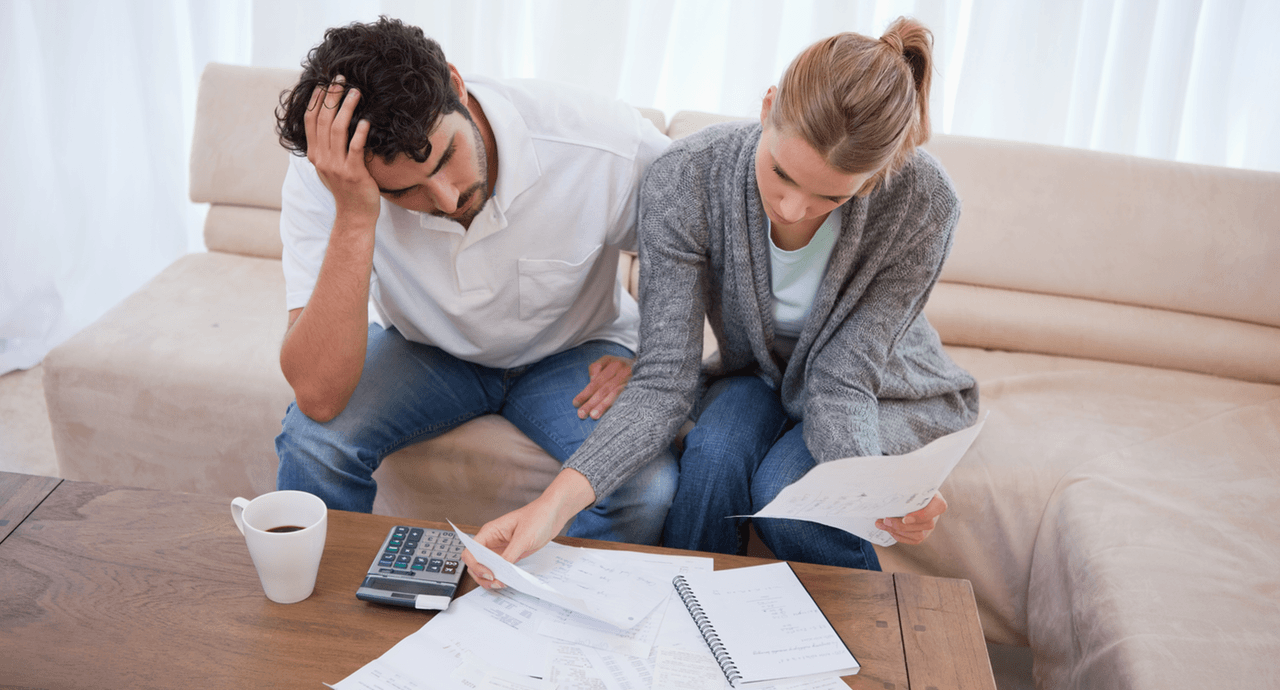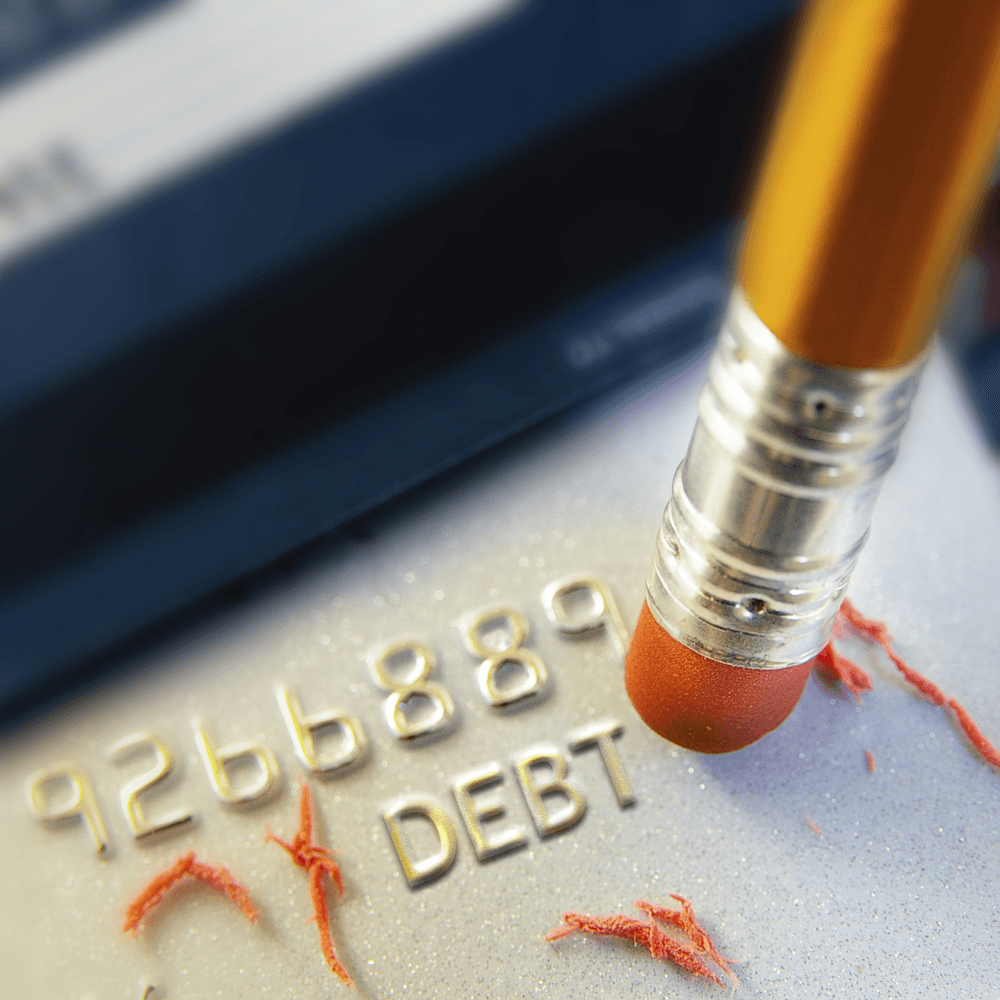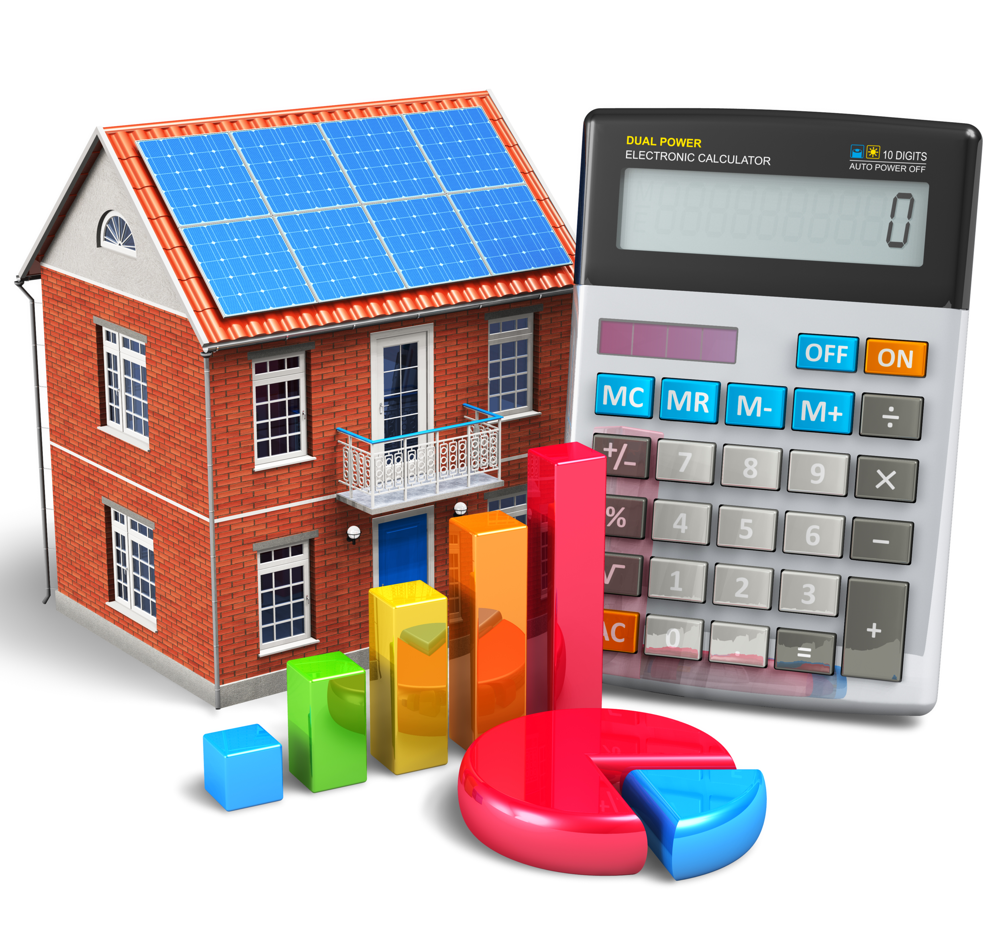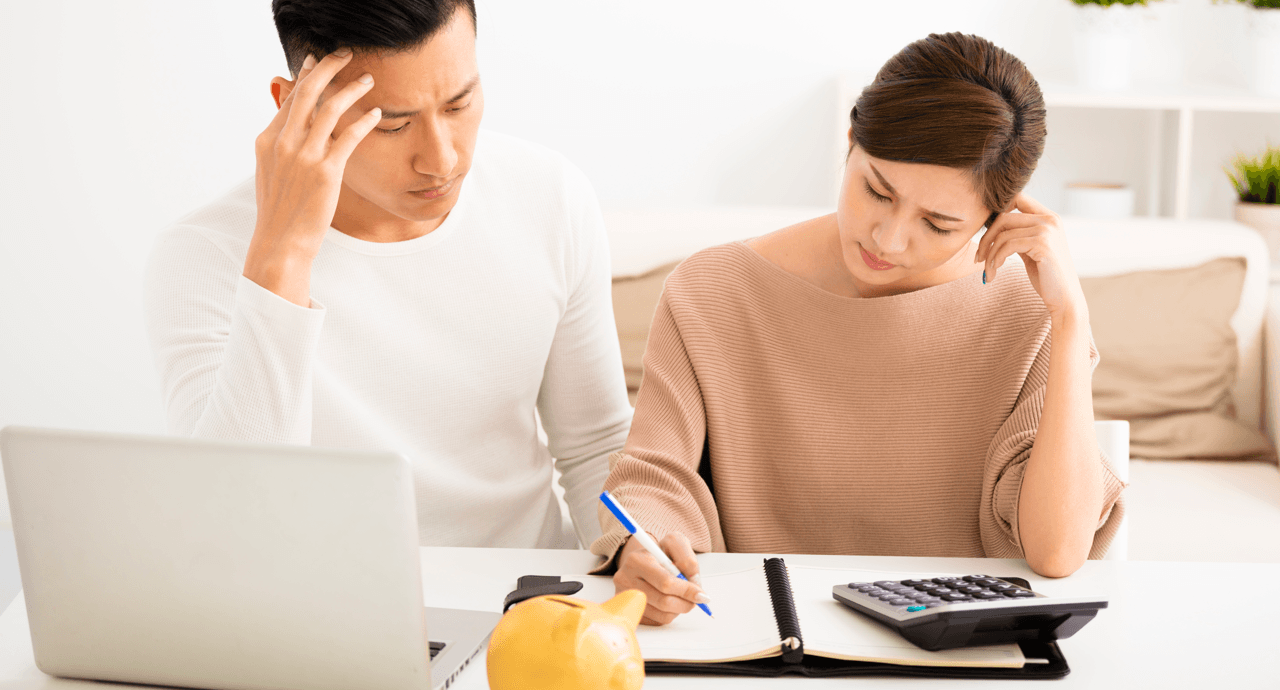
No matter who you are, if you own your own home, your own car, or your own credit card, you’ve probably acquired some debt. Whether it’s “good debt” or “bad debt,” everyone knows what it feels like to worry about repaying those car payments or credit card bills. For some, debts can build up – whether it’s because of an unexpected circumstance or forgetting to make payments. Whatever the reason, there are options and resources for you to get back to being debt-free.
Get Back to Being Debt-Free
A financial professional can help you find a debt solution that works for your specific financial situation, but today, we’re going to look at 3 options that are widely used by Canadians when it comes to dealing with all that debt…
 Making a Plan to be Debt-Free
Making a Plan to be Debt-Free
The first step in your mission to be free of debt is to consider all of your loans and create a list of what you owe. For every debt you come up with, list the total amount you owe, the minimum monthly payment, and the interest rate. Some of the common debts you could have might include:
- Mortgages
- Car Loans
- Credit Cards
- Line of Credit
- Unpaid Utility Bills (cell phone, hydro-electric, cable, etc.)
- Student Loans
Next, review your budget in order to determine how much money you make, spend, and save. While you do this, you should remember to account for your regular expenses, and manage your spending to work towards realizing some financial goals such as owning your own home.
The next step is to find a strategy for repaying your debts that works for you. Whether you’re working towards financial freedom, or you’re just hoping to lower your monthly payments, finding a repayment strategy is an important part of managing debt.
As you begin addressing your debt, you should decide which loan is best to pay off first. If you have any debts with high interest rates, you should consider paying those sooner. Having less interest payments to make will help you become debt-free a lot faster. Make the minimum payments on all your debts, then use any extra money to pay down your high-interest loans.
Another route you can take is to begin paying off debts with the lowest balance remaining. If you pay off loans with a low balance, you’ll feel the accomplishment that comes with paying off your debt. The only downside to this method is that you might be paying more interest over time.
The final piece of advice is to consider closing some accounts once you have paid them off. You should only keep the accounts open that you know you need and can manage responsibly. You should aim to keep an older account open (but paid off) since your credit score takes your credit history into account.
 Debt Consolidation
Debt Consolidation
If you don’t feel that you are able to work towards paying off your debts using the methods we’ve highlighted above, you might consider applying for a different loan or a line of credit to pay off multiple high-interest debts. Consolidating your debts is a way to make managing your monthly payments easier. When you consolidate your debt into one loan, you’ll only need to make a single lower monthly payment and you can benefit from lower interest rates.
When applying for a consolidation loan, make sure that you ask your bank which debts you’ll be able to pay off. The most important thing you need to remember when consolidating your debts is that you shouldn’t use the credit that you have freed up to make additional purchases. If you do, you’ll end up with even more debt than you had when you started.
When it comes to paying back a consolidation loan, it may be tempting to make only the minimum payments, but this will often only cover the interest that you owe. If you increase your payments, you can reduce your debt faster, and pay less interest. Your credit rating will not be negatively affected if you make all of your payments on time.
While shopping for a consolidation loan, watch out for loans with interest rates that end up being higher than the debts you are consolidating. Remember, when shopping for a consolidation loan, try to do so within a period of two weeks so that your credit score is not adversely affected.
Filing for Bankruptcy
It’s a place that no one wants to be in, but there are some situations where declaring bankruptcy is the only choice that you can take in order to repay your debts. If you think that you must consider bankruptcy, your first step is to meet with a Licensed Insolvency Trustee (LIT). An LIT can evaluate your situation and suggest alternatives that could help you manage your financial situation before you file for bankruptcy. However, if an LIT determines that your only course of action is to declare bankruptcy, then you should know what comes next.
When you decide to file for bankruptcy, your LIT will complete the required forms, and then file the documents in order for you to formally declare bankruptcy. From this point onward, the LIT will be dealing directly with the creditors on your behalf. After you have declared bankruptcy, you’ll no longer make payments directly to your unsecured creditors and any lawsuits against you by your creditors will be stopped.
Then, your assets will be sold by your LIT including any acquired during your bankruptcy. The money that is gained through the sale is distributed to your creditors. The Office of the Superintendent of Bankruptcy Canada may choose to examine you under oath. This examination is to ask you about your conduct and the reasons why you were required to declare bankruptcy in the first place. As a part of your bankruptcy, you’ll need to attend two financial counselling sessions to help you understand the causes of your bankruptcy and to assist you in managing your finances in the future.
While declaring bankruptcy is certainly a financial hurdle that you must overcome, many others have come through a bankruptcy and recovered with flourishing financial health. Filing for bankruptcy can have an effect on numerous factors:
- Your Credit Rating: is assigned the lowest possible credit score. The information on your credit report that affects your credit score is usually removed after 6 or 7 years if this is your first bankruptcy.
- Your House or Car: secured creditors are (generally) not affected by bankruptcy. Consult with your LIT to determine how your bankruptcy will affect your secured debts.
- Your Spouse: if you have a joint debt, creditors can pursue your spouse for repayment as well.
- Co-Signers: will still be responsible for making loan payments after you are bankrupt.

No matter what your financial situation, dealing with debt is a reality that everyone has to deal with. Even if you’re having difficulty repaying your creditors, there are still options to consider when it comes to paying your debts. Remember that if you are going through financial struggles related to debt, there are resources and professionals that can help you achieve financial freedom!
